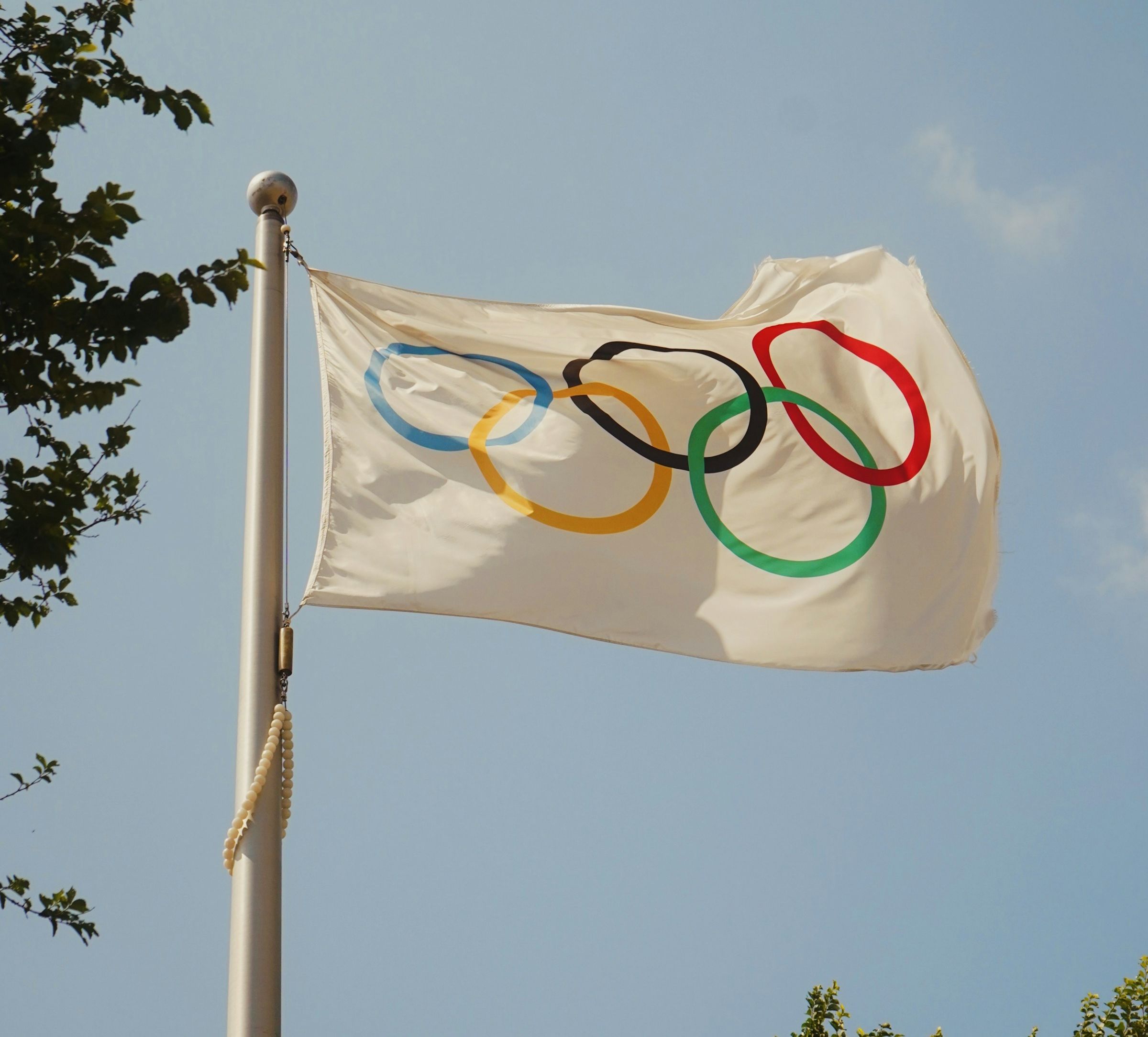While the announcement of a White House Olympics task force might appear routine, the move reveals a deeper recalibration of America’s strategic narrative on the global stage. With the 2028 Summer Olympics set to return to Los Angeles, the US administration is not simply preparing to host a sporting spectacle—it is consolidating soft power, operational control, and geopolitical visibility in a single high-profile event.
The creation of the task force—comprising cabinet-level officials and agency heads—is designed to manage security, streamline visa processes for international athletes, and coordinate transport and inter-governmental planning. But its real function may lie in the convergence of politics, prestige, and power projection. It’s the kind of coordination play that signals not just intent, but ambition.
President Trump’s role in securing the 2028 Olympics during his first term is already part of the administration’s political narrative. Now, with a second term underway, the opportunity to preside over the actual event offers a rare chance to convert that early win into a defining image of leadership, unity, and strength—both domestically and abroad.
This isn’t the first time the Olympics have been strategically aligned with a leader’s term in office. But it may be one of the most explicitly controlled. In Trump’s case, the overlap between the LA Games and the 2026 World Cup, also hosted on US soil, places him at the helm of two global sporting megaphones. It’s a timing alignment that serves far more than entertainment value—it opens the door to showcasing border efficiency, security modernization, and international goodwill in ways few policy events can.
The Olympics are not just about sport. They’re about narrative control, image crafting, and national posture. The White House seems keenly aware of that.
Against the backdrop of renewed geopolitical fragmentation—US-China tensions, decoupling from global trade norms, and questions about America’s leadership in multilateral arenas—the 2028 Olympics emerge as an opportunity to reassert influence on neutral ground.
Sporting events are among the few global rituals that still carry symbolic neutrality and mass appeal. Unlike Davos or the UN General Assembly, the Olympics provide a populist spectacle with strategic reach. The choice to emphasize visa acceleration and credential streamlining is not just for athlete convenience—it signals openness, cooperation, and infrastructural readiness in contrast to rising protectionism.
By deploying a federal task force years in advance, the administration is also telegraphing competence and control—two images often contested in the current era of domestic polarization and global scrutiny. In doing so, the US repositions itself as not only a host, but as a curator of global civic experience.
For Los Angeles, this is its third Olympic hosting duty (after 1932 and 1984), but the context this time is markedly different. The 2028 Games are occurring in a climate of security recalibration, immigration tension, and deep debates about federal-local governance relationships.
A White House-led task force shifts the locus of control from city hall to Capitol Hill. While LA28 Chair Casey Wasserman’s statement praises the collaboration, the deeper subtext is a shift in power dynamics—where federal authority takes precedence in a traditionally local planning affair. That shift matters. It’s part of a broader American trend toward federal orchestration of events that were once civic or state-led.
And yet, Los Angeles remains a fitting canvas: a multicultural, media-saturated, globally-recognized city that can deliver spectacle and symbolism in equal measure. But it is now being asked to do so under closer federal watch.
There’s no mistaking the dual intent of this task force—streamline international entry processes, and project American hospitality and logistical might. On paper, it reads as operational efficiency. In practice, it’s a visibility move that appeals to both international audiences and domestic voters.
The Olympics, especially post-COVID and in an era of anti-globalization backlash, are not just symbolic—they’re sensitive. Managing perception around security, transparency, and inclusivity will be central to the LA28 experience. The task force’s remit to coordinate credentialing and visa policy touches exactly those nerves.
Expect this to become a showcase not only of elite athleticism, but of administrative effectiveness. In the words of political optics: this is a governance performance disguised as global sport.
This move isn’t just coordination—it’s consolidation. The task force reflects a strategic pivot in how the US prepares for global-facing events: tightly centralized, politically aligned, and image-conscious. It tells us that the White House sees the 2028 Olympics not just as a sports event, but as a multi-billion-dollar soft power stage.
For corporates, event sponsors, and strategic observers, the creation of this task force signals a White House willing to blend policy, marketing, and geopolitics into a single operational vehicle. The Olympics won’t just be televised—they’ll be politically choreographed. And the real performance may not be in the arena, but in the orchestration of power behind the scenes.










.jpg&w=3840&q=75)




